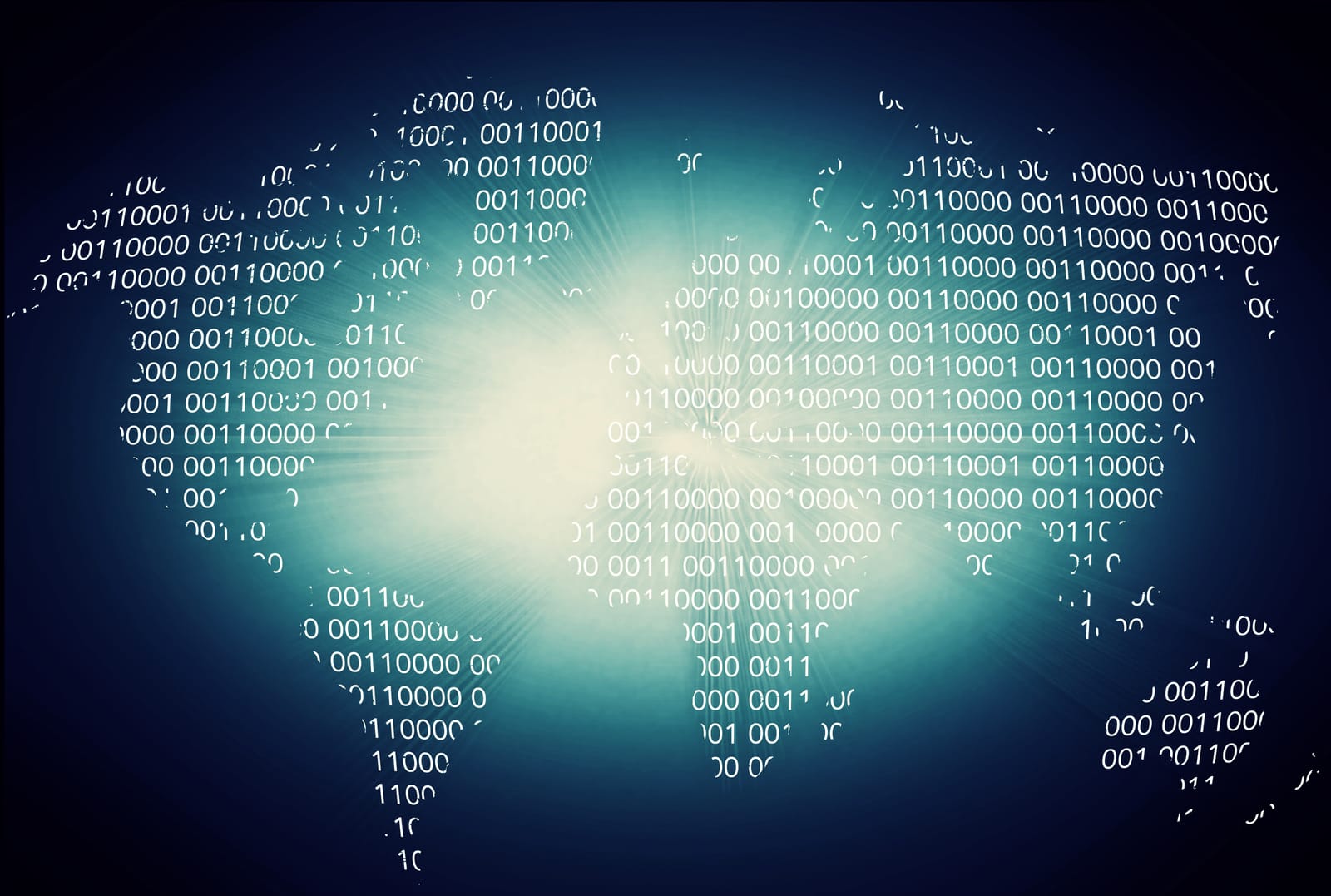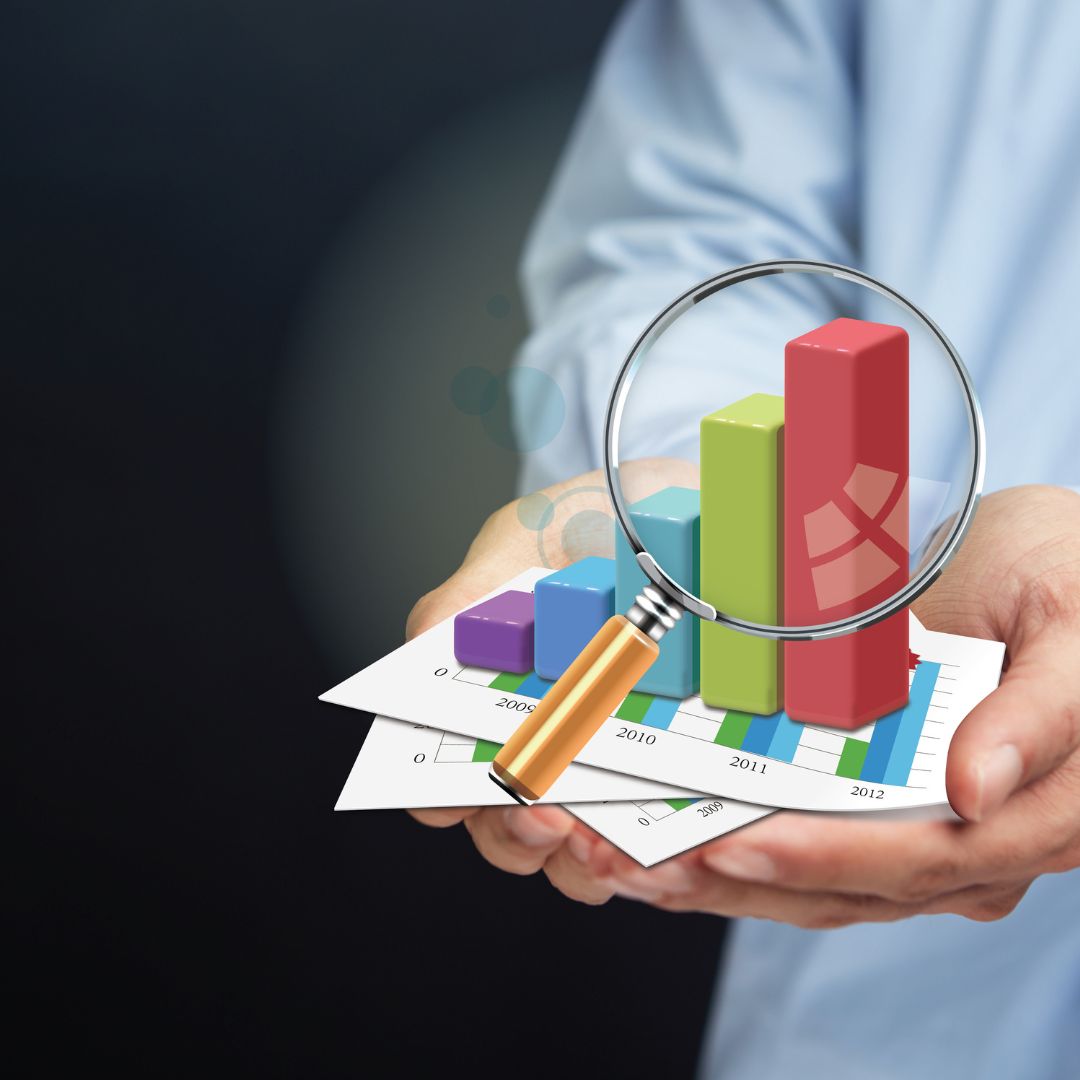When we talk about data science, in relation to healthcare and public health we can’t. Think about COVID 19. The pandemic has affected every part of our lives and its influence on data science is significant.
The Role of Data Science in Tracking COVID-19

Throughout the pandemic period data science has played a role, in monitoring the transmission of COVID19 which has been quite remarkable indeed. It’s a task to track diseases with extended incubation periods and data scientists have put in a lot of effort in mapping out how prevalent the virus is, by presenting representations that are now commonly seen by the public.
Maps that show how infections are spreading and how they are increasing have played a role, in helping communities grasp the extent of the viruss transmission. These visual aids have not just raised awareness. Have also guided policymakers in making informed decisions, on where to allocate resources.
Vaccine Development and Distribution
Throughout the eras advancements and dissemination of vaccines stands out as a critical domain where data science has truly left its mark felt deeply and widely within the realm of vaccine research.
Moreover data analysts have played a role, in supply chain management to make sure that vaccines are delivered to the communities requiring them the most That involves studying population characteristics to pinpoint high priority demographics and improving transport routes for access, to vaccines.
Public Understanding of Data

During the period we have witnessed an increase, in peoples ability to interpret data effectively and confidently in situations. The general public has developed a grasp of growth charts that visually represent the rapid spread of infectious diseases through exponential growth patterns. This change in awareness has played a role in enabling meaningful conversations, about health protocols and government actions.
People these days are increasingly conscious of how their information’s being monitored through technology advancements such, as contact tracing apps and health tracking systems which have become more prevalent during the situation we’re facing now. This heightened awareness regarding data privacy concerns is expected to impact how data science is viewed and controlled in the coming years.
COVID-Related Applications and Innovations
During the pandemics onset numerous apps related to COVID have emerged well.They aid people in identifying symptoms themselves locating testing centers and checking their test outcomes.These apps have utilized data analysis to enhance user interaction and boost health results.
Data Scientists as In-House Epidemiologists
It’s interesting to note that a lot of data scientists working in companies are playing roles to, in house epidemiologists nowadays.Their focus isn’t directly tracking the disease itself; instead they are required to grasp how COVID 19 impacts their businesses.For example in industries such as transportation and manufacturing data scientists are working tirelessly to create models that can forecast the effect of the pandemic, on operations and supply chains.
Disrupted Predictive Analysis
The outbreak has caused a shake up in the way predictive analysis models work established methods no longer holding up under the new COVID induced conditions forcing a shift, from future forecasting to current data analysis, in many organizations.
Disaster Modeling and Future Preparedness
As a result of these shifts, in circumstances and conditions businesses have begun adopting disaster modeling strategies as a way to get ready for disturbances such as pandemics or other emergencies. Recognizing the possibility of significant changes, in data landscapes motivates companies to create backup plans especially when it comes to supply chain logistics and operational tactics.
Political Participation and Data Science
The pandemic has also had an impact, on participation as lockdowns and social distancing measures have made it challenging for people to participate in events like rallies and protests.This situation has made it harder to assess backing for figures and plans since the effects of the pandemic varied from place, to place.
The increase, in voting by mail and absentee ballots has added complexity to making political forecasts more challenging for experts, in data analysis field who need to adjust their methods to the changing landscape influenced by the pandemic.
Causality and Crime Analysis
Estimating crime rates, amidst the pandemic has posed some challenges due to factors like lockdowns and job losses affecting crime trends and making it tricky to pinpoint cause and effect connections accurately Data analysts are grappling with the complex task of unraveling these intertwined variables to grasp the real effects of COVID‐‐‐, on criminal activities.
The Complexity of School Attendance Data
The pandemic has made tracking school attendance more complex than before, as many schools have shifted to hybrid learning formats of the traditional in person classes which used to be an easy way to gauge attendance levels in classrooms alone.. Now it’s crucial to delve into student involvement and academic progress which poses a layered challenge needing new approaches, for collecting and interpreting data.
Conclusion: The Future of Data Science in Healthcare
The impact of the COVID 19, on the healthcare and public health sectors has been significant in shaping the role of data science today. Data science has played a role in monitoring disease transmission and ensuring vaccine distribution during this global crisis. Moving ahead from this experience will pave the way for an resilient future for data science, in tackling upcoming challenges head on.
The pandemic has shed light on how data science and healthcare intersect. Has shown both the possibilities and constraints of using data driven methods to tackle health problems.Such understanding will prove priceless for public health projects and applications of data science as we deal with these challenges.



1 comment / Add your comment below